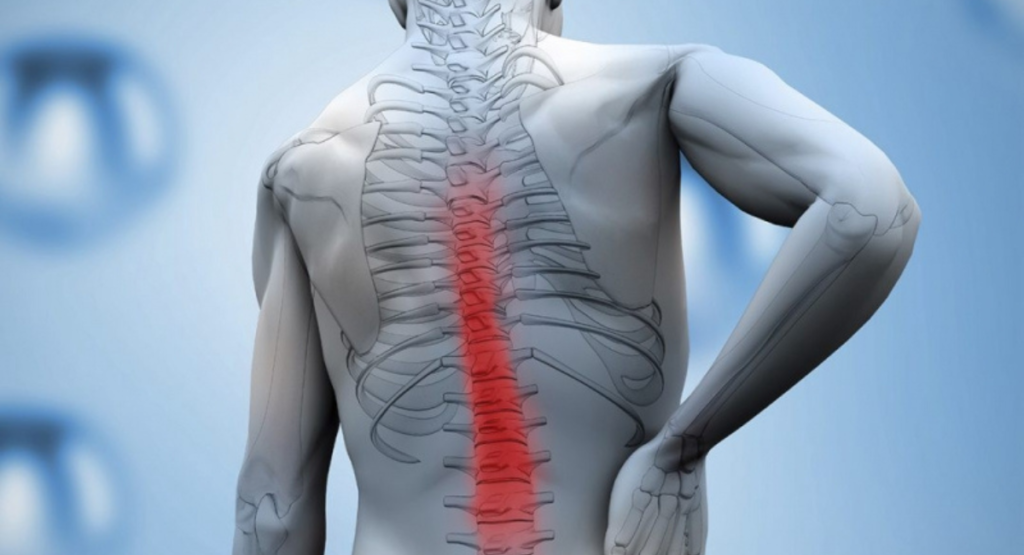A spinal cord injury (SCI) can drastically alter one’s life in an instant. Whether it’s due to a traumatic accident, disease, or other factors, the impact can be profound, affecting not just physical abilities but also emotional and psychological well-being. However, amidst the challenges, there is hope. With advancements in medical science and rehabilitation techniques, individuals with spinal cord injuries have opportunities for recovery and improved quality of life. In this comprehensive guide, we’ll explore the role of physiotherapy rehabilitation in the journey of spinal cord injury recovery, uncovering its benefits, answering common questions, and shedding light on this transformative process.
Understanding Spinal Cord Injury:
Before delving into the realm of rehabilitation, it’s essential to grasp the intricacies of spinal cord injury. The spinal cord, a crucial component of the central nervous system, serves as a conduit for transmitting messages between the brain and the rest of the body. When the spinal cord sustains damage, as in the case of an injury, this communication pathway is disrupted, leading to a range of impairments. The severity and location of the injury determine the extent of the impact, which can vary from partial paralysis to complete loss of function below the injury site.
The Vital Role of Physiotherapy Rehabilitation
Physiotherapy rehabilitation emerges as a beacon of hope in the aftermath of a spinal cord injury. It encompasses a multifaceted approach aimed at maximizing physical function, independence, and overall well-being. Unlike traditional medical interventions focused solely on treating the injury itself, physiotherapy rehabilitation addresses the holistic needs of the individual, taking into account their unique circumstances, goals, and challenges.
Key Components of Physiotherapy Rehabilitation:
Assessment and Goal Setting: The rehabilitation journey begins with a comprehensive assessment by a team of healthcare professionals, including physiotherapists, physicians, and rehabilitation specialists. Together with the patient, goals are established, tailored to their specific needs and aspirations.
Individualized Treatment Plan: Based on the assessment findings and goals identified, a customized treatment plan is devised. This plan may include a combination of exercises, therapies, assistive devices, and adaptive techniques designed to address mobility, strength, flexibility, and other functional impairments.
Physical Therapy: Central to physiotherapy rehabilitation is physical therapy, which focuses on restoring and enhancing movement and function. Through a variety of exercises and techniques, patients work on improving muscle strength, range of motion, balance, and coordination.
Occupational Therapy: Occupational therapy complements physical therapy by addressing activities of daily living (ADLs) and functional tasks. Occupational therapists help patients develop strategies to perform tasks such as dressing, grooming, cooking, and driving independently.
Assistive Devices and Technology: The use of assistive devices and technology plays a crucial role in enhancing independence and accessibility for individuals with spinal cord injuries. Wheelchairs, orthoses, mobility aids, and adaptive equipment are among the tools utilized to facilitate participation in daily activities and promote community engagement.
Education and Support: Beyond physical interventions, education and support are integral components of physiotherapy rehabilitation. Patients receive guidance on injury management, self-care techniques, pain management strategies, and resources for community support and advocacy.
Benefits of Physiotherapy Rehabilitation for Spinal Cord Injury
Restoring Mobility and Function:
Physiotherapy rehabilitation aims to optimize mobility and function, enabling individuals to regain independence and participate in meaningful activities. Through targeted exercises and interventions, patients can work towards improving muscle strength, flexibility, and coordination, thus enhancing their ability to perform daily tasks and engage in recreational pursuits.
Preventing Secondary Complications:
Spinal cord injury can predispose individuals to a range of secondary complications, including muscle atrophy, pressure ulcers, respiratory issues, and osteoporosis. Physiotherapy rehabilitation focuses on mitigating these complications through proactive measures such as skin care, range of motion exercises, pressure relief techniques, respiratory exercises, and bone-strengthening activities.
Enhancing Quality of Life:
Beyond the physical benefits, physiotherapy rehabilitation has a profound impact on the overall quality of life for individuals with spinal cord injuries. By fostering independence, promoting social participation, and instilling confidence, rehabilitation empowers patients to lead fulfilling and meaningful lives despite their injuries.
Facilitating Psychological Adjustment:
Adjusting to life with a spinal cord injury can be emotionally challenging, often leading to feelings of grief, loss, and frustration. Physiotherapy rehabilitation provides not only physical but also emotional support, helping patients navigate the psychological aspects of their injury. Through counseling, peer support, and coping strategies, individuals can develop resilience and adaptability in the face of adversity.
Conclusion
Physiotherapy rehabilitation represents a beacon of hope and possibility for individuals living with spinal cord injuries. Through a comprehensive and individualized approach, patients can unlock their potential, reclaiming independence, mobility, and quality of life. By understanding the benefits and importance of physiotherapy rehabilitation, we can better support and advocate for those embarking on the journey of spinal cord injury recovery. Together, let us empower and inspire individuals to thrive beyond their injuries, embracing life’s limitless possibilities.
We are India’s first comprehensive continuum care provider. We provide multidisciplinary out of hospital care to acute and post-acute and chronically ill patients at our critical care facilities and your home.


